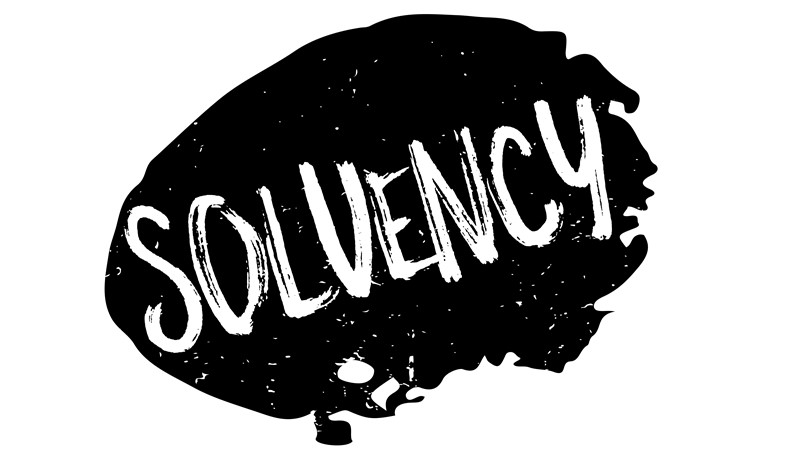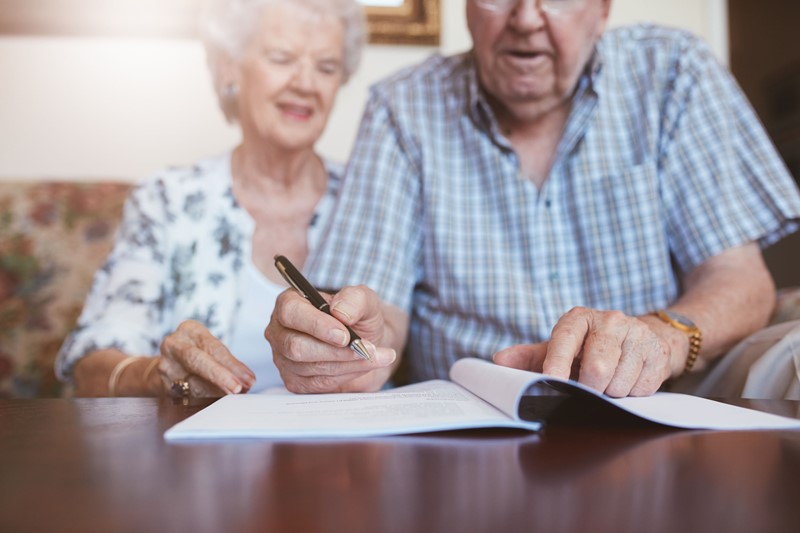When you don’t need to make payments on account

If you file a Self-Assessment return you may need to pay your tax in three instalments, so it is useful to know when payments on account apply and when they can be reduced or removed.
The first two payments on account are due by 31 January during the tax year and by the 31 July after the tax year has ended. Each payment on account is based on 50% of the previous year’s net Income Tax liability. Additionally, the third (or balancing) payment is due on 31 January after the tax year ends.
However, there are certain situations where you do not need to make payments on account such as:
- Your last tax bill is under £1,000. If your self-assessment tax bill for the previous year is less than £1,000, you will not be required to make payments on account.
- You have already paid the tax through other means. If at least 80% of the tax due has already been collected through other means, such as PAYE, then payments on account are not required. This might apply if you are employed and have sufficient tax deductions taken from your salary.
- You have a low or no income in the current tax year. If you expect your income to be much lower in the current year, you can apply to reduce or cancel your payments on account. This can be done through HMRC’s online service or by submitting form SA303.
There is no limit on the number of times you can apply to adjust your payments on account. If your liability for 2024-25 is lower than for 2023-24, you can request HMRC to reduce your payments. The deadline to submit a claim to reduce your payments on account for 2024-25 is 31 January 2026.
If your taxable profits have increased, there is no obligation to inform HMRC, but your final balancing payment will obviously be higher.



